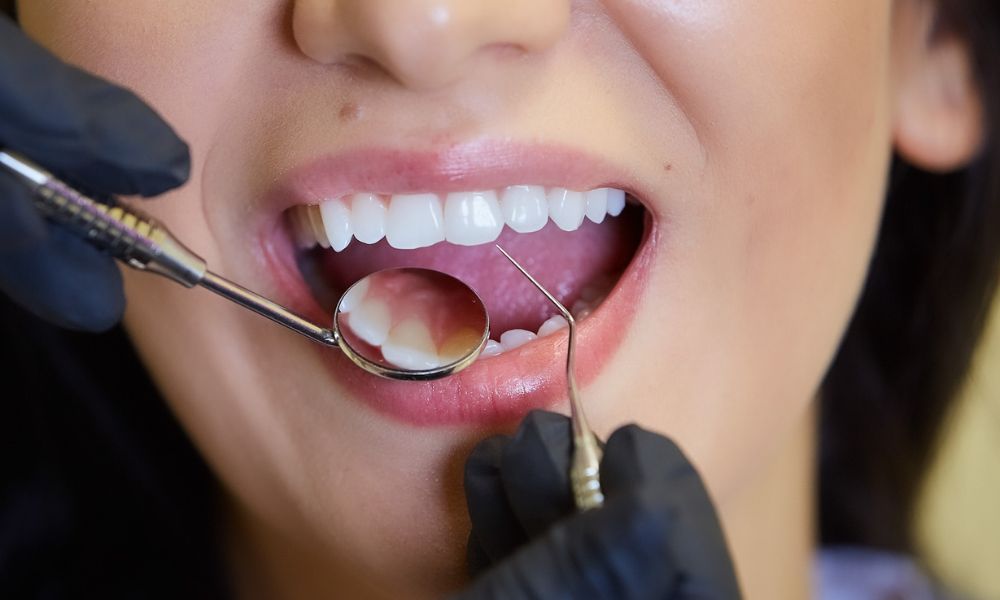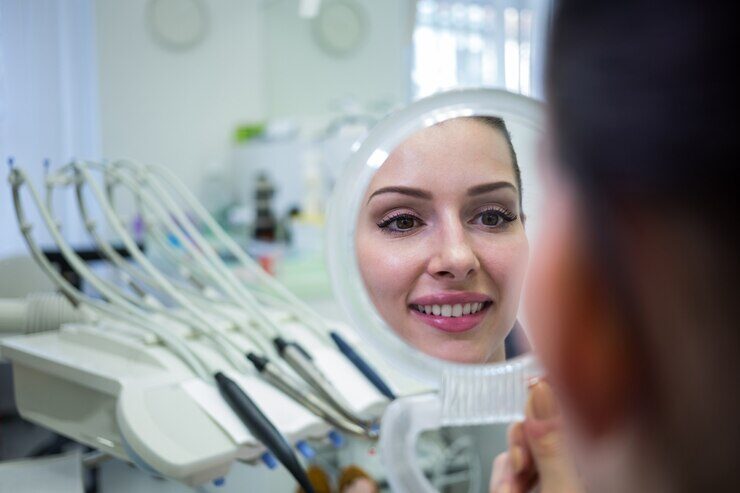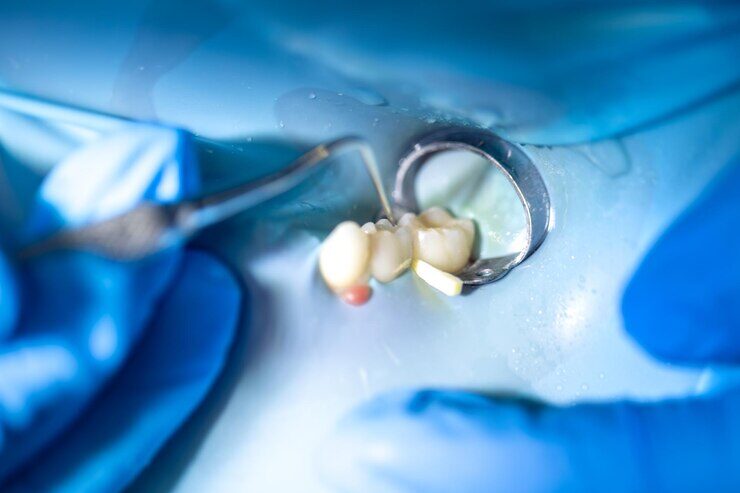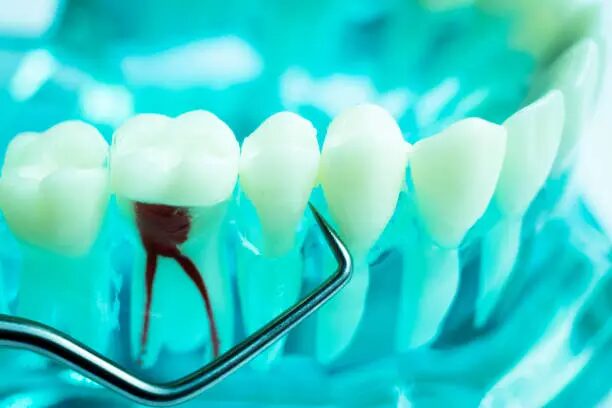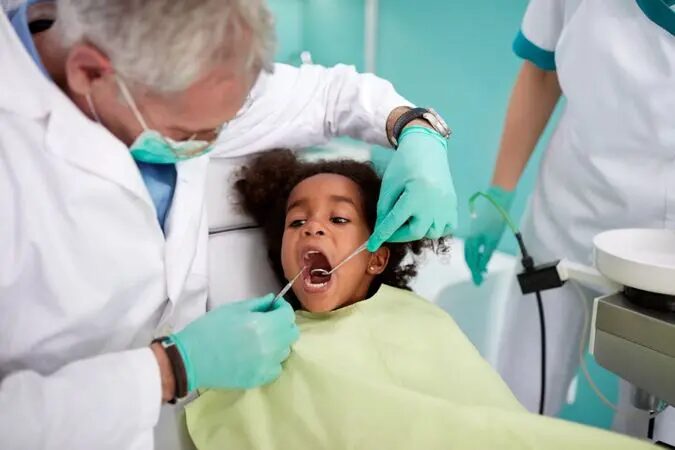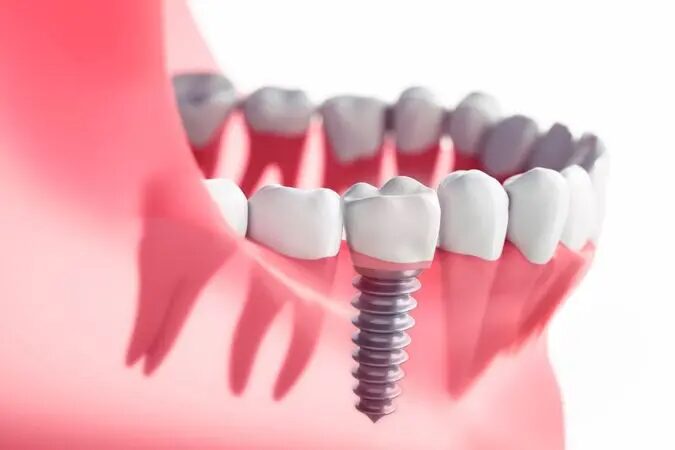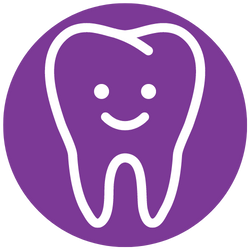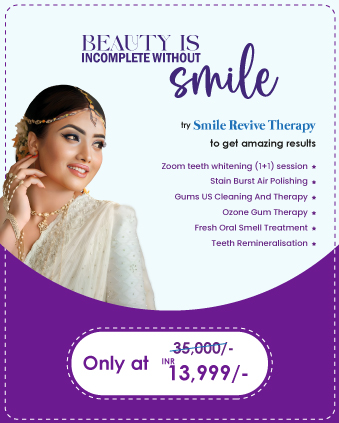Overview of Dental Checkups Procedures
A dental checkup is an essential procedure to help strengthen teeth, ensure healthy gums and improve overall oral health. Your dental exam consists of two parts – a dental exam and cleaning or prophylaxis. Usually, the examination is done by your dentist, while the hygienist does the cleaning.
Dental exams include
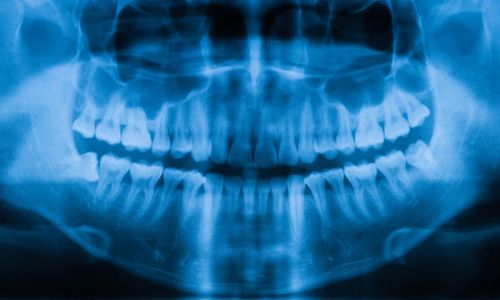
- X-rays: Your dentist will take x-rays of your teeth to find cavities before they are visible.
- Bacteria Removal: The next step is to examine and remove plaque, which is a transparent, sticky layer of bacteria, from the teeth.
- Dentists also remove tartar that brushing or flossing cannot remove.
- Measure the gums: A special dental instrument will measure the depth between the teeth and the gums to check for diseased areas.
- Visual examination of face and head: Your dentist examines your mouth as well as your head, neck, and face for signs of early oral cancer.
Next, your dentist will clean your teeth to remove tartar and polish your teeth with procedures you can’t do at home, including:
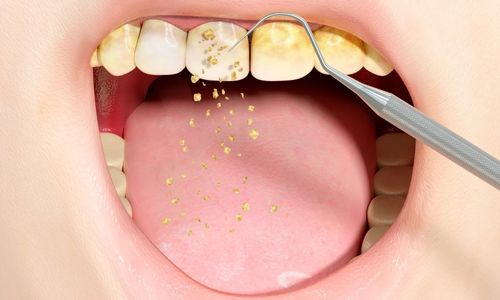
- Scaling: Special tools will remove tartar and plaque buildup on your teeth.
- Polishing: To polish teeth, a hygienist uses a grey paste to remove surface stains.
- Flossing: The final step is to floss between the teeth to strengthen the gums and teeth.

What a dentist looks for during a dental checkup
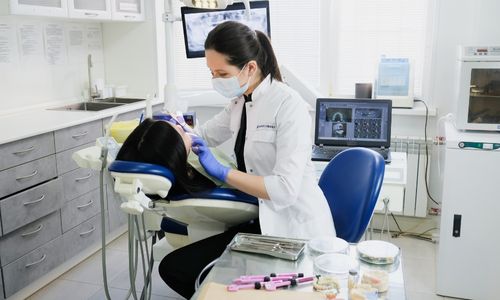
Your dentist looks for specific oral health problems during an exam to monitor your general health and well-being and to take preventative measures.
Your dental exam will include the following checks
- Bad breath: Bad breath or halitosis can be signs of other oral health problems.
- Tooth decay: Tooth decay is a cavity or erosion of tooth enamel caused by tooth decay. Dentists can use X-rays and instruments to detect cavities and find weak spots on teeth.
- Plaque and tartar: Your dentist will check for a buildup of plaque which can cause tartar, which you cannot remove yourself and which can cause dental problems.
- Gum disease: By measuring the depth between your teeth and your gums, your dentist looks for deeper spaces that indicate gum disease.
- Fillings: Your dentist will make sure your fillings are safe so that they are strong and effective in preventing cavities. If your filling is lost, your dentist can replace it, although this may need to be done at a different appointment time.
- Possible signs of cancer: Your dentist will look for possible signs of oral cancer, such as swelling or redness of the tongue, throat, face, neck, and head.
- 12 Free Consultations
- 10% off on all Treatments
- 1 Free Smile Assessment
Here are some of the main reasons why you should see your dentist regularly
Going to the dentist every six months may not be an appointment that everyone looks forward to, but it is one of the most important. If you’re wondering what regular dental checkups and cleanings actually are, we have something for you.
-
Detection of oral cancer
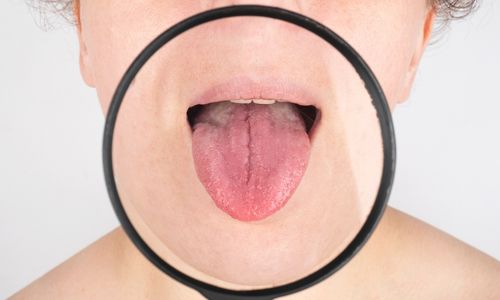
Oral cancer is an extremely serious disease with multiple manifestations. If the early signs are not known, oral cancer often goes undiagnosed and can progress rapidly and be life-threatening. But fortunately, early diagnosis of oral cancer is usually easily treated.
Your dentist is highly trained to recognize these signs and symptoms, and with regular dental checkups every six months, the chances of catching mouth cancer in time are greatly increased.
Early detection of oral cancer is key to successful treatment, and while you may not notice any abnormalities in your mouth, your dentist will.
Velscope cancer screenings are non-invasive, completely painless, and, in some cases covered by MSP, take no more than a minute or two. The examination will find invisible signs of dead tissue caused by tumours that form in the mouth when a special light is shone into it. For a short time, completely painless, and save your life? It is very simple!
-
Plaque, tartar, and cavities
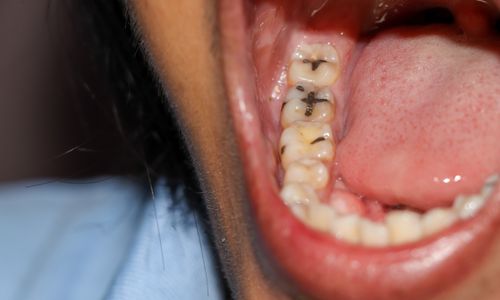
Even with the most diligent daily brushing and flossing, there are still small areas of the mouth that are missed by regular brushing and flossing. When plaque builds up, it becomes harder to remove, hardens, and turns into tartar, which is extremely difficult to remove without professional help.
Regular cleaning of the teeth prevents tartar erosion, i.e. the formation of holes in the tartar, responsible for the development of dental caries. Cavities rarely give warning signs as they develop and are only mildly painful once the tooth has decayed.
-
Gum disease

The buildup of plaque and tartar not only causes tooth decay but also erodes the gum tissue in the mouth. It occurs when tartar buildup causes infections where the gums meet the teeth, causing the gums to fall from the teeth. This infection is called gingivitis, and as it progresses, the tissue that attaches the gums to the teeth breaks down. Once you get to this stage, it’s officially gum disease, and only here are you likely to experience mouth swelling, bleeding, or pain.
In addition to the breakdown of gum tissue, gum disease can also cause the bone that holds your teeth together to break down. It is common for teeth to loosen or completely fall out at this stage, requiring drastic treatment by a dental professional.
Not only does the specialist require more appointments and can be a drain on your wallet, but gum disease treatment (depending on severity) can include surgery, extreme deep cleanings, and medication. To avoid all of this, regular dental cleanings are essential to spot and treat gingivitis before it spirals out of control.
-
Control Bad Habits

There are many bad habits that can negatively affect your oral health, and you may not even realize they are causing problems. Some of these habits include chewing ice cream, biting your nails, clenching your jaw, grinding your teeth, eating particularly chewy or hard candies, vigorously brushing your teeth, drinking coffee and red wine, and of course, smoking.
When you have regular dental checkups, your dentist can check for any damage to your mouth that you might not have noticed because of these or other habits. If you are told about a specific destructive habit, you can modify or change your life choices to avoid further harm.
A visit to the dentist can undo the damage that has been done and help your oral health function at its best.
-
X-rays to check for problems below the surface
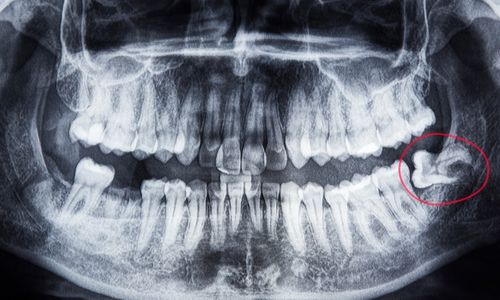
An important part of going to the dentist every six months is having x-rays of the teeth and jaw. X-ray images allow dental professionals to see what is happening below the surface of the mouth and can spot and diagnose problems that may not be visible to the naked eye. Such problems can include impacted teeth, where growing teeth are blocked from crossing the gum line, which is common with wisdom teeth.
Jaw damage can also be identified, along with any bone decay, swelling, cysts, or tumours, all of which would not be visible without X-ray imaging. It is crucial to spot these or any other major oral problems as soon as possible. so that they can be treated properly.
Especially with rapidly progressive and devastating illnesses with few or no symptoms, up-to-date X-rays and six-monthly exams are the best way to stay healthy.
-
Examination of head, neck, and lymph nodes
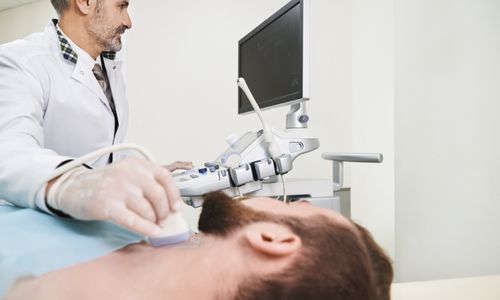
In addition to checking your mouth, gums, and tongue for signs of oral cancer, your dentist will also check your neck, jaw, and lymph nodes under your jawbone for any swelling, bumps, or other abnormalities.
If any abnormalities are found, it could be a sign of a serious health issue and your dentist will alert you and refer you to an appropriate medical professional.
An enlarged lymph node is a specific area that doesn’t necessarily hurt or look abnormal, but if correctly identified by a professional, it could be a sign of certain types of cancer or disease. other conditions requiring immediate attention. Occasional dental checkups can significantly reduce the frequency of neck and thyroid exams. So even if it only takes your dentist a minute to check for an abnormality, it can mean that early detection of a very serious condition can make a big difference.
So is a dental check-up worth it?
Dentists and dental professionals are not only concerned with restoring teeth. They professionally clean your teeth, with the goal of making sure your teeth and gums are healthy and looking for any abnormalities that may go unnoticed, which could be a sign of a bigger health issue. Dental specialists make sure your bones are strong and help you correct habits that could be harming your oral health, etc.
Check this to know what happens in a smile makeover by Dant Suraksha Dental Clinic.
Book your appointment now at Dant Suraksha Dental Clinic.

